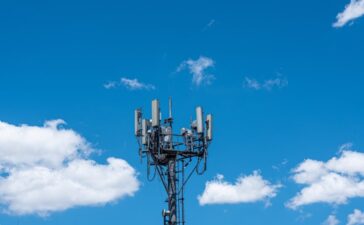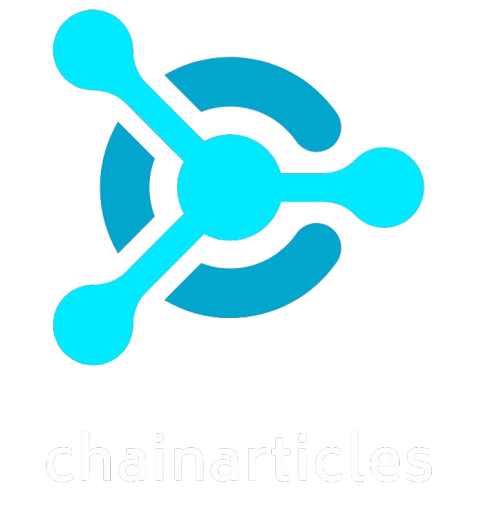Few would now dispute that crypto businesses had trouble accessing financial services in the US—the anecdotes are too many. But it remains for Congress to firmly establish why. While Trump and other politicians have spoken in terms that imply the Operation Chokepoint 2.0 theory has been proven categorically, no smoking gun—whether documentary evidence or insider testimony—has yet emerged.
At the hearing held by the House Committee on Financial Services on February 6, the discussion returned repeatedly to 700 pages of documents released by the FDIC, partly in response to a request filed under the Freedom of Information Act by crypto exchange Coinbase. The documents chronicle the FDIC’s communications with banks about crypto during the Biden presidency.
The document payload contains letters in which the FDIC directed banks to pause plans to provide various crypto-related services to clients. In other examples, the regulator posed long lists of questions to banks about their crypto activities.
There is no explicit instruction for banks to withhold or withdraw accounts from crypto businesses in the documents, but industry executives have argued that the impression given to banks of a general suspicion towards crypto at the FDIC had the same practical effect.
“The pause letters show that, over and over again, banks were subject not to regulation by examination but regulation by exhaustion,” said Paul Grewal, chief legal officer at Coinbase, in his testimony. “You had question after question raised.”
The perceived implication that the FDIC was likely to subject crypto-curious banks to heightened scrutiny was sufficient for financial institutions to decide that the hassle of working with crypto businesses was not worth the revenue they would bring in, others have claimed.
“These efforts make it uneconomic to serve the crypto industry. While there is no legal ban, there is a functional ban,” argued Austin Campbell, an adjunct professor at NYU Stern School of Business and CEO at crypto payments company WSPN, in his testimony.
At a separate hearing held by the same congressional committee on February 12, proponents of the Operation Chokepoint 2.0 theory received the closest thing yet to confirmation of discrimination faced by crypto businesses, claims Caitlin Long, CEO at Custodia, a crypto-focused bank in an ongoing licensing dispute with the Federal Reserve.
“We are all struck at the number of complaints and the breadth of them…We are not telling banks that they can’t bank certain people or anything like that. But nonetheless we are hearing [that crypto companies are being refused bank accounts],” said Powell, chairman of the Federal Reserve, in his testimony. “I take at least some of it as real. We need to understand it, and stop it from happening.”
However, not everyone believes that conspiracy is the most likely explanation for the caution or aversion towards crypto among banks.
“I don’t believe that there was any conspiracy,” says Mercedes Tunstall, a partner at law firm Cadwalader, formerly an inhouse lawyer at the Bank of America and HSBC. “You’ve got a real concern about money laundering, fraud and terrorist financing occurring with cryptocurrency.”






